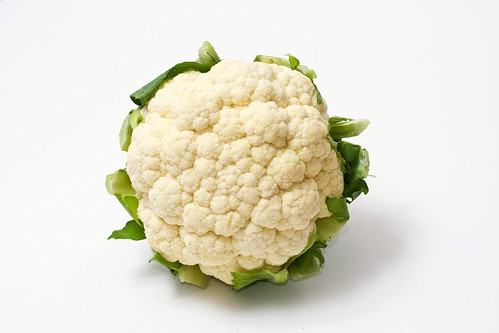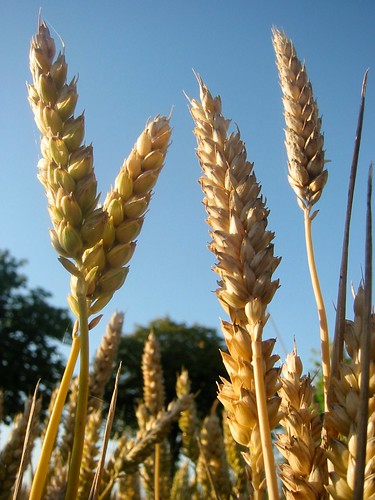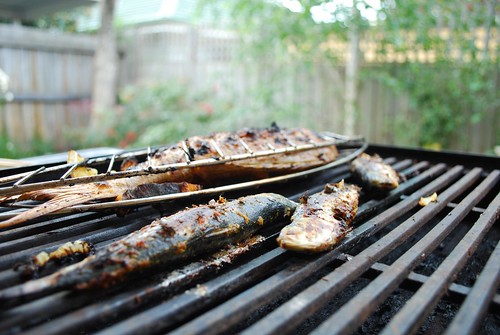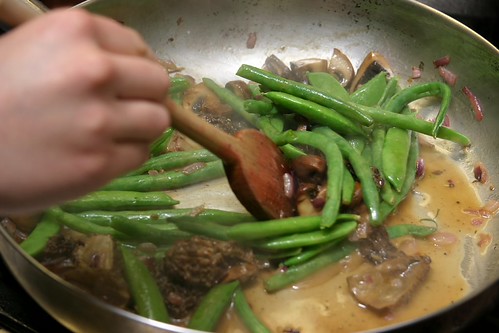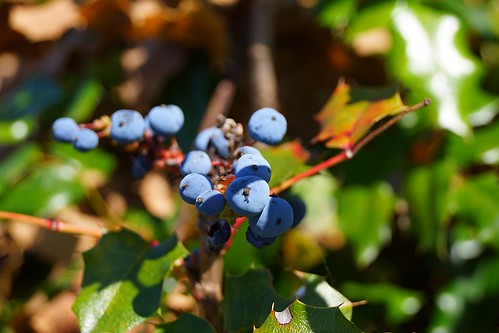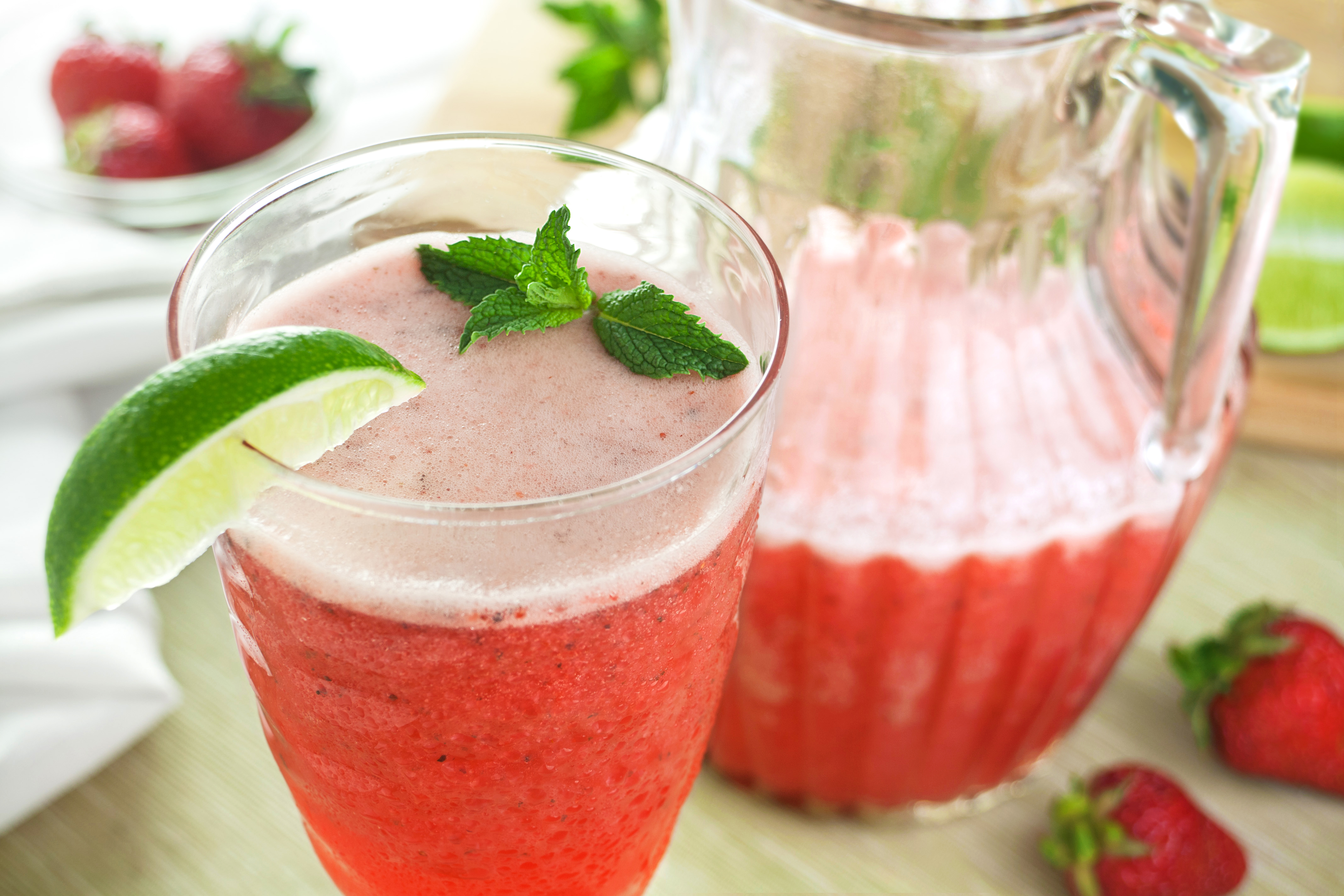
Whether you call it the “Paleo diet,” the “caveman” or the more preferred “ancestral nutrition,” you’ve no doubt heard at least a little about this style of eating. The basic concept of the Paleo diet (a term coined by Loren Cordain, PhD, founder of the “Paleo movement”) is that it’s based on foods that humans relied on prior to the dawn of agriculture and animal husbandry. In other words, the food products of more modern living—including grain-based foods, dairy products, legumes, certain vegetable oils and virtually all “processed” foods—are shunned in favor of foods that our hunter/gatherer ancestors may have subsisted on, namely grass-fed meat, eggs, seafood, nuts and seeds, and non-starchy fruits and vegetables.
Continue reading »
